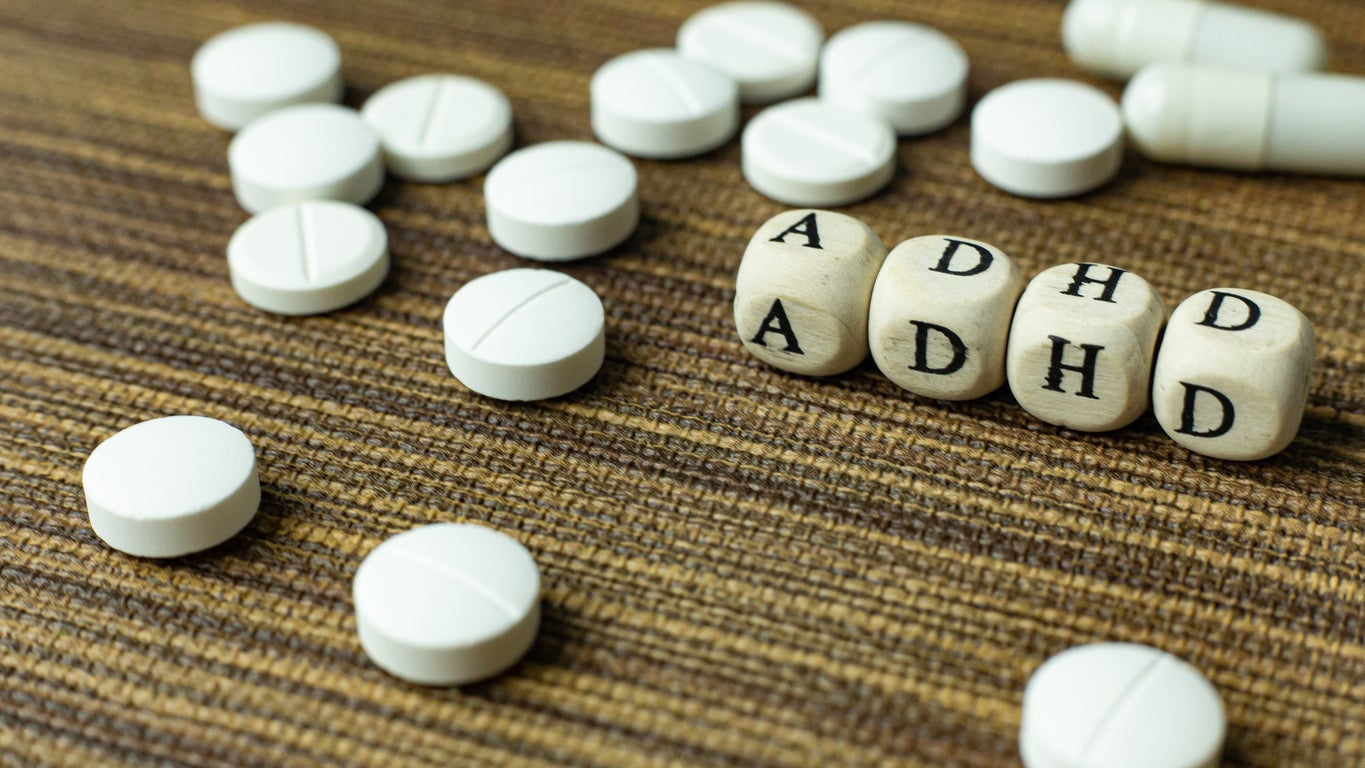Growing awareness and education around ADHD may be leading to false self-diagnoses among young people, a new study has claimed.
Researchers from the University of Toronto say that while education is crucial, it may also trigger a mistaken belief that common issues that young adults face, like tiredness and irritability, are the symptoms of ADHD.
The study’s lead author, Dasha Sandra, said young people should not be discouraged from seeking help, but believes mental health education needs to be refined to include more context around the symptoms.
She said: “Believing you have a disorder can help make sense of confusing or messy experiences that are actually completely normal. This could be especially true for young adults.
“A false self-diagnosis might prevent someone from getting an accurate diagnosis or addressing the real challenges in their life. It also diverts scarce resources from those who need help due to an underlying neurodevelopmental condition that needs proper assessment.”

The study trialled 215 young adults who did not meet the clinical criteria for ADHD and had no prior ADHD diagnosis.
Some participants were assigned to attend a workshop on ADHD. Others were assigned to a workshop on ADHD that included a lesson about the ‘nocebo effect’, which is where negative expectations about having a disorder can make someone’s symptoms worse.
The lesson on the nocebo effect explained how issues like irritability, fatigue and poor concentration are normal among young people, and not just signs of ADHD.
One control group also attended a workshop to learn about sleep.
Researchers found that those who received ADHD awareness information had a stronger belief that they had ADHD. The number of people who rated themselves highly in self-diagnosis increased from 30 to 60 per cent immediately after the lesson, and remained at 50 per cent a week later.

For participants who also received the nocebo education intervention, false self-diagnosis rates were cut in half and disappeared entirely after one week.
Ms Sandra said: “We’re not saying that mental health awareness is uniformly bad. The positive benefits are well documented. The key thing is how much awareness and what kind people should get.
“We wanted to identify whether there are negative effects of awareness efforts and find a way to raise awareness in a more balanced way, so that people can learn without the risk of unintended harms.”
There are currently around 2.6 million people in the UK with ADHD. In March, up to 20,000 people were newly referred for an ADHD assessment, an increase of 13.5 per cent from the year before, the NHS said.
“It’s documented that there is currently an overdiagnosis of ADHD. At the same time, awareness is growing because ADHD remains underdiagnosed in some populations, particularly women and adults,” Ms Sandra said.
